1660 resultados encontrados
Skip results of view Publicaciones
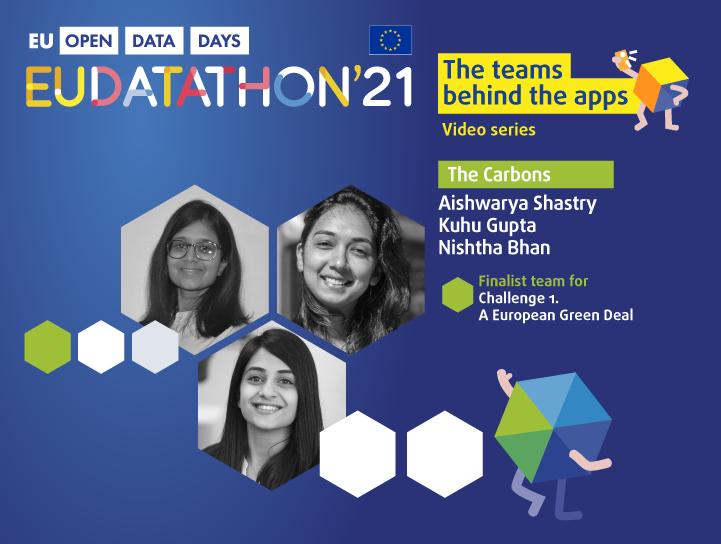
'The teams behind the apps' is a series of videos made by the EU Datathon finalists. Get to know the people and their proposals for apps over nine episodes, once a week, in a run-up to the final event. At the competition finals in November the teams will pitch their apps to the jury who will select the winners. In this fourth episode you get to meet ‘The Carbons’, a team competing from India with their app: Carbon FOODprint. They are competing with two other teams in challenge 1: ‘A European Green Deal’. Their motto? Fuel your body without fouling the earth. As an application that provides
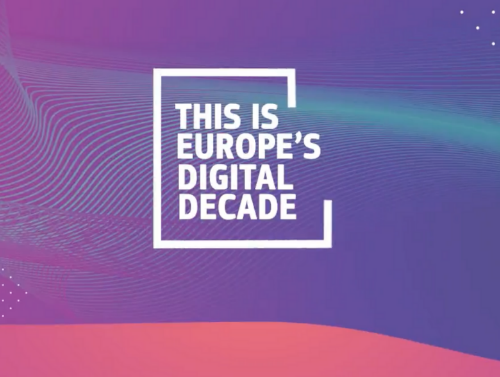
At this year’s State of the Union Address, the European Commission introduced the “ Path to the Digital Decade”. This actionable plan aims to digitalise skills, infrastructures, businesses, and public services to accomplish the digital transformation of our society and economy by 2030. At the heart of the Path to the Digital Decade is the ambition to foster close cooperation, common governance, and coordinated investment between the EU and Member States. Together with them, the Commission will develop trajectories, strategic roadmaps, and an annual cooperation mechanism to make this possible

'The teams behind the apps' is a series of videos made by the EU Datathon finalists. Get to know the people and their proposals for apps over nine episodes, once a week, in a run-up to the final event. At the competition finals in November the teams will pitch their apps to the jury who will select the winners. In this third episode, meet FROm Grey 2 Green (FROG2G), an interactive visualisation tool to help make Europe greener. They are competing with two other teams in challenge 1: ‘A European Green Deal’. The tool that they are currently developing will provide facts and statistics to help
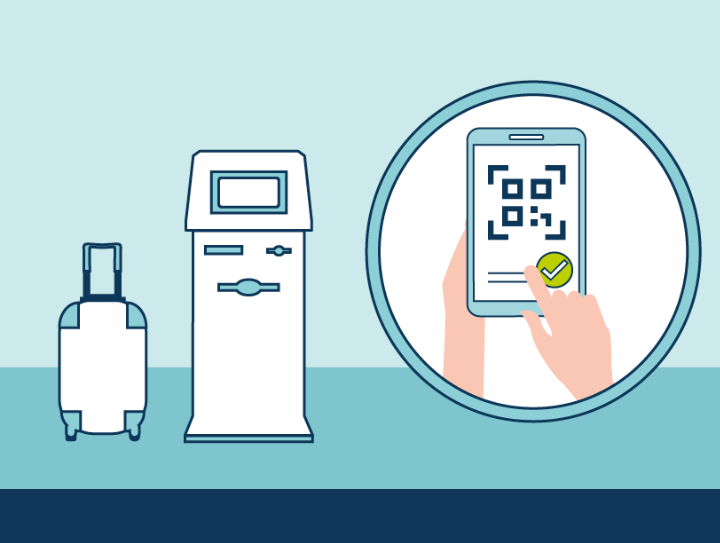
In this data story, we look back on the developments that led to the establishment of the Digital Covid Certificate, and on how sharing of minimal data allowed us to regain freedom of movement . How did COVID-19 impact freedom of movement? Freedom of movement and residence for persons is one of the cornerstones of European Union citizenship, established by the Treaty of Maastricht in 1992. Since then, internal borders gradually faded and free movement of goods, services, and people became part of everyday life. Yet, to slow down the spread of coronavirus and protect the health and well-being
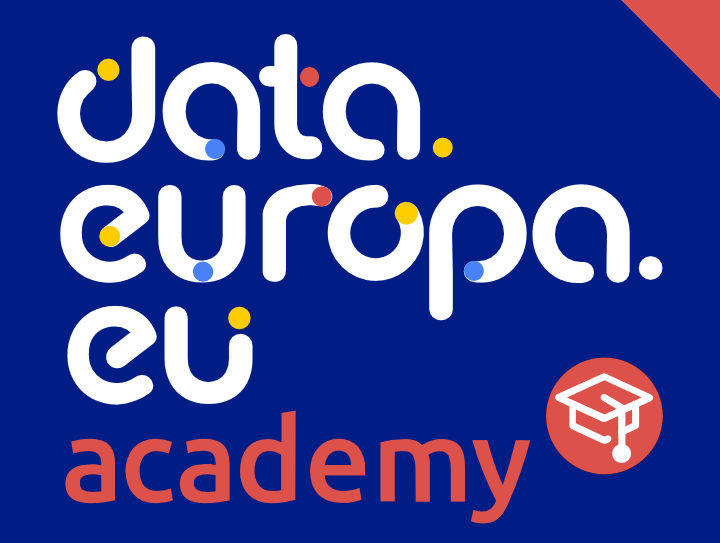
We are excited to announce that the data.europa academy is live! Our team launched a packed curriculum with free courses designed for the open data community to learn what open data is and how to work with it. Whether you are a data provider, policymaker, or data enthusiast, the data.europa academy will help you become more knowledgeable about open data, and use it to your advantage. The curriculum is structured along four themes: 1. Policy: Learn about the implementation of open data policies, strategies, open data governance, data protection, and privacy regulations. 2. Impact: Understand
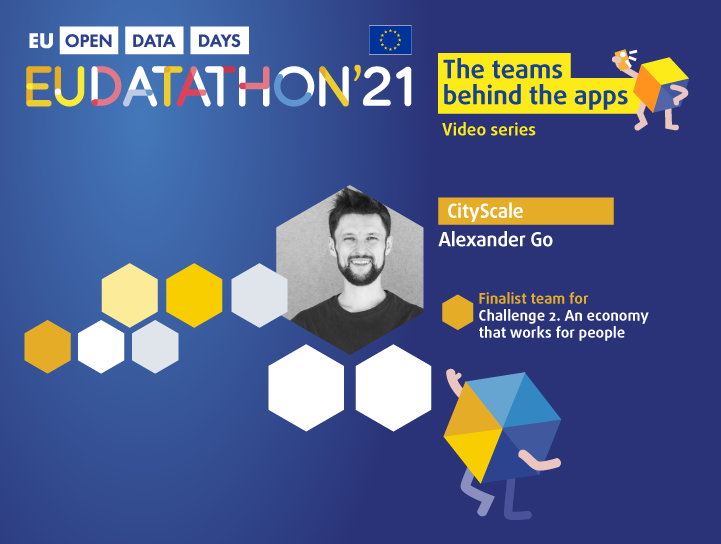
'The teams behind the apps' is a series of videos made by the EU Datathon finalists. Discover the people and their proposals for apps over nine episodes, once a week, in a run-up to the final event. At the competition finals in November the teams will pitch their apps to the jury who will select the winners. In this second episode, meet CityScale, a Ukraine-based application built to help you find the best place to live. They are competing with two other teams in challenge 2: ‘An economy that works for people’. CityScale collects data on cities, and the application gauges the quality and cost

Are you an innovator or entrepreneur, eager to develop innovative solutions making use of space data? Then you can take part in the myEU Space Competition! The competition aims to bring forward innovative solutions for mobile apps, wearables, tracking solutions, robotics, or others, by making use of EU Space data from Galileo or Copernicus. You can participate as a team and your solution should fall into one of the six themes: Move me smart Space my life Our green planet Map my world Farming by satellite Dive in quantum There are two options for delivering your solution, either by bringing
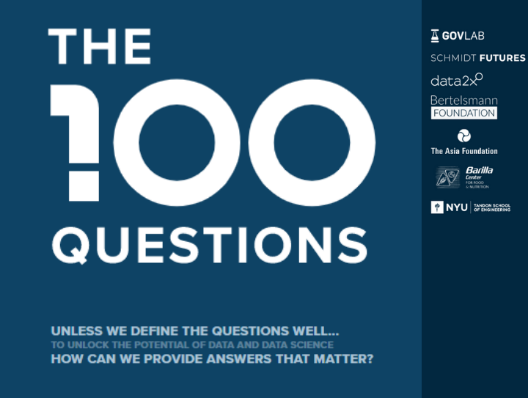
How can we unlock the potential of data and data science to provide answers to the most pressing questions of our time? The global challenges we face today grow increasingly complex. To support problem-solving approaches and policymaking, innovative solutions, and ideas for developing these solutions are urgently needed. The 100 Questions Initiative aims to define the high-impact challenges of our time, leverage relevant datasets to address these challenges, and set up data collaboratives to solve them. Data collaboratives offer a promising avenue for making optimal use of datasets as they

We know that open data supports data-driven decision-making and has the power to create true societal value. Yet data-driven decision-making is not straightforward. It is both complex and multifaceted. Behind the datasets, there is a myriad of platforms, analysts, and processes that govern the data processing that ultimately leads to insights. When looking at the data lifecycle as a whole, however, it can be hard to disentangle the processes and make sense of them. To help you get a better understanding of the processes, the Open Data Policy Lab published the Third Wave of Open Data Toolkit
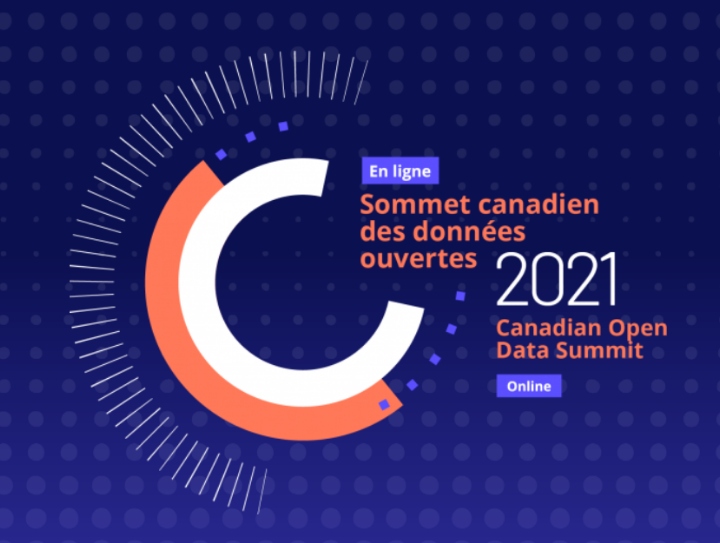
This week the Canadian Open Data Summit takes place online from 15 to 16 September! This two-day event is co-organised by the City of Montreal and the Secretariat of the Quebec Treasury Board and already celebrates its 6th birthday. The 2021 edition of the summit focuses on two major themes: Responsible Data Governance The first step in the lifecycle of data is publishing open data. What are the processes, dynamics, and frameworks that make this possible? Which actors are involved in the process? And, what are the difficulties of managing, and governing open data? Join the sessions to dive
